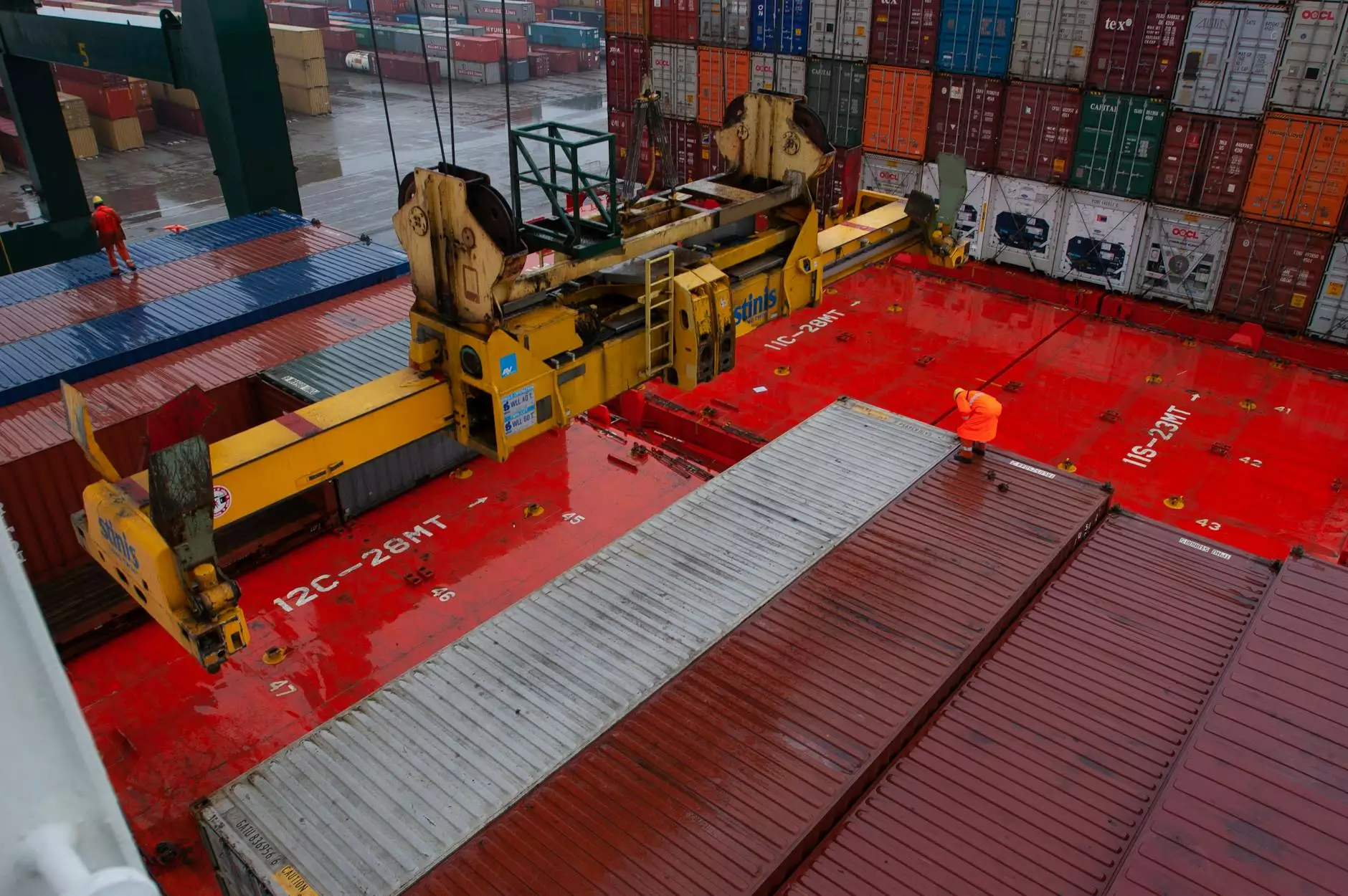Unlocking the Potential of Futures Prop Trading

In the ever-evolving arena of financial services, futures prop trading stands out as a significant opportunity for both novice and experienced traders alike. This article delves into the intricate world of futures proprietary trading, exploring its mechanics, benefits, and strategies. With insights gathered from industry experts, we aim to provide comprehensive knowledge that can empower your trading endeavors.
What is Futures Prop Trading?
Futures prop trading refers to the practice where proprietary trading firms use their own capital to trade futures contracts. Unlike individual retail traders, these firms operate with substantial financial resources and sophisticated trading systems, allowing them to leverage significant advantages in the market. The essence of prop trading lies in the team's collective expertise, strategic methodologies, and robust risk management practices.
The Landscape of Futures Trading
The futures market is a vital component of the global economy, allowing participants to trade contracts that represent an agreement to buy or sell an asset at a predetermined future date and price. This market encompasses a wide range of assets, including commodities, currencies, and indices. Hence, understanding the intricate dynamics of this trading environment is crucial for success.
Types of Futures Contracts
- Commodity Futures: These contracts involve physical goods such as oil, gold, and agricultural products.
- Financial Futures: These pertain to financial instruments, including stock indices and government bonds.
- Currency Futures: Contracts that deal with the future value of currency pairs, essential for international trade.
Advantages of Joining a Prop Trading Firm
Participating in a futures prop trading environment offers numerous advantages:
- Access to Capital: Prop firms provide substantial capital, enabling traders to take larger positions without risking personal funds.
- Leverage Expertise: Traders benefit from the collective knowledge and experience of the firm, enhancing their learning curve.
- Advanced Tools and Resources: Prop trading firms offer state-of-the-art trading platforms, analytics, and research tools that aid in informed decision-making.
- Structured Training: Many prop firms offer comprehensive training programs, thus arming traders with essential strategies and tactics.
Key Strategies for Success in Futures Prop Trading
Success in futures prop trading hinges on employing well-defined strategies and methodologies. Here are some proven strategies that traders can utilize:
1. Trend Following
Trend following involves identifying and capitalizing on price movements in a specific direction. Traders analyze historical price data to determine trends and make trades that align with these movements. This strategy often necessitates the use of technical indicators such as moving averages or the MACD (Moving Average Convergence Divergence).
2. Arbitrage Opportunities
Arbitrage trading takes advantage of price discrepancies in the market. For futures contracts, traders might seek differences in pricing between various exchanges or between related futures and spot markets, executing simultaneous buy and sell orders.
3. Hedging Strategies
Futures contracts serve as an effective hedging tool against adverse price movements. By taking opposite positions in the futures market, traders can protect their investment portfolios from potential losses, thus ensuring stability in volatile markets.
Understanding Risk Management in Prop Trading
Effective risk management is paramount in futures prop trading. Prop firms design rigorous risk protocols to safeguard capital and minimize losses. Here are some essential risk management strategies:
Setting Stop-Loss Orders
Stop-loss orders are predetermined price levels at which the trader will exit a position to prevent excessive losses. Implementing stop-loss strategies allows traders to control their risk exposure effectively.
Position Sizing
Determining the appropriate size of each trade is crucial. Traders should consider their total capital, risk tolerance, and market conditions when deciding how much of their capital to allocate to a specific trade.
Diversification
Prop traders often diversify their portfolios across different asset classes and contracts to mitigate risk. By spreading their investments, they can reduce the impact of adverse price movements in any single asset.
The Role of Technology in Futures Prop Trading
The integration of technology has transformed the landscape of futures prop trading. With advancements in trading software, algorithms, and artificial intelligence, traders can now make data-driven decisions more effectively than ever.
Algorithmic Trading
Algorithmic trading utilizes complex mathematical models to make trading decisions automatically. This approach minimizes human error and allows for rapid trade execution, capitalizing on market movements instantaneously.
Trading Platforms
Modern trading platforms provide traders with a plethora of features, including advanced charting tools, real-time data feeds, and risk management capabilities. Familiarity with these platforms is essential for maximizing trading efficiency.
Finding the Right Prop Trading Firm
Choosing the right proprietary trading firm is a critical step for aspiring futures prop traders. Here are some factors to consider:
Reputation and Track Record
Research the firm’s reputation in the industry and its previous performance. A firm with a strong history of profitability and ethical practices is often more trustworthy.
Training and Support
Evaluate the training programs and resources offered by the firm. Comprehensive support can significantly impact a trader's success in transitioning to a prop environment.
Fee Structures
Understand the fee structures associated with different firms. Some may charge upfront fees or share a percentage of profits, so it's crucial to find a model that aligns with your trading style and financial goals.
Common Misconceptions about Futures Prop Trading
Despite its lucrative potential, futures prop trading is often shrouded in misconceptions. Here are a few myths debunked:
Myth 1: You Need to Have a Lot of Money to Start
While significant capital is beneficial, many prop firms provide initial funding for traders, negating the need for personal wealth to start trading.
Myth 2: It's a Guaranteed Way to Make Money
Like any trading strategy, futures prop trading comes with risks. There are no guarantees, and success requires diligent research, practice, and strategy.
Myth 3: It's Only for Experts
Futures prop trading is accessible even for novices, especially those willing to learn and adapt through training programs offered by prop firms.
Conclusion: Embracing the Future of Trading
In conclusion, futures prop trading presents an exciting avenue for traders aiming to enhance their skills and capitalize on market opportunities. By understanding the intricacies of the futures market, adopting effective trading strategies, and adhering to robust risk management practices, you can position yourself for success in this competitive landscape.
As you embark on or continue your prop trading journey, consider aligning with a reputable firm like propaccount.com, which can offer the resources and support you need to thrive in this dynamic field. With determination and the right tools, the potential for success in futures prop trading is within your reach.









